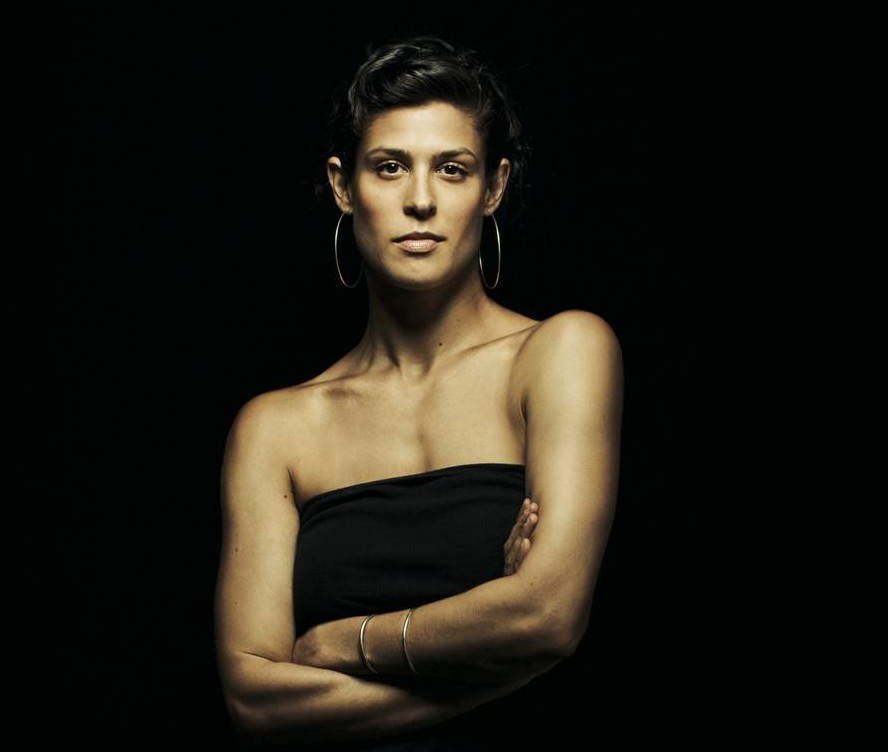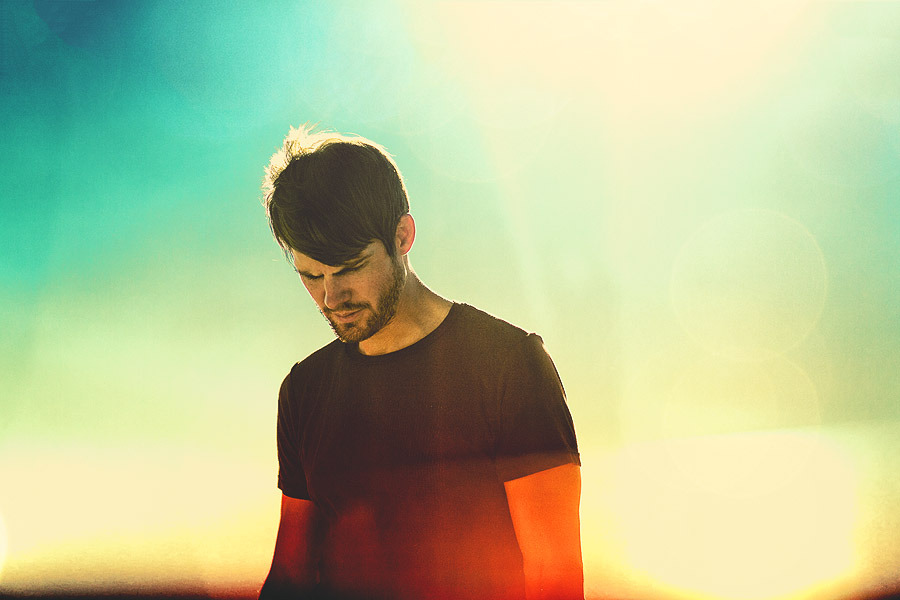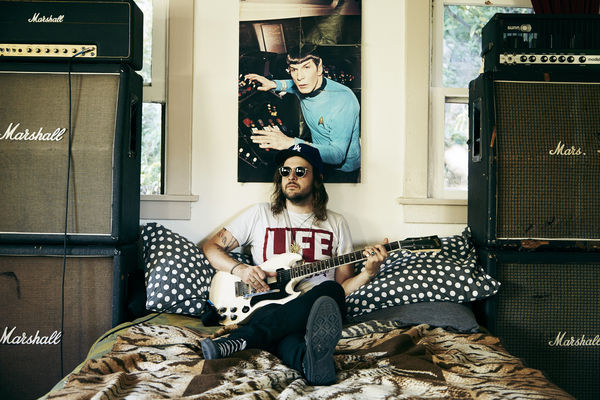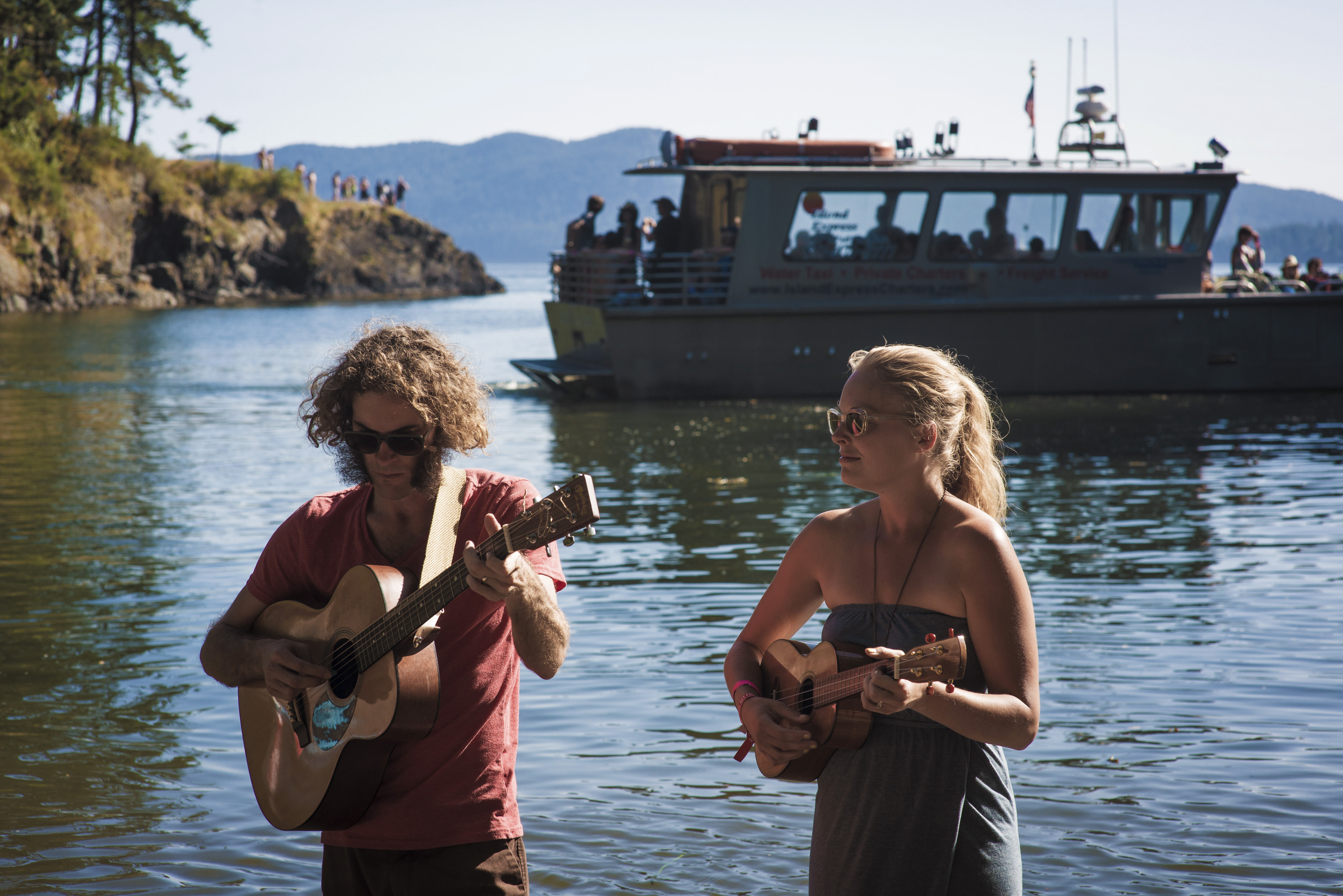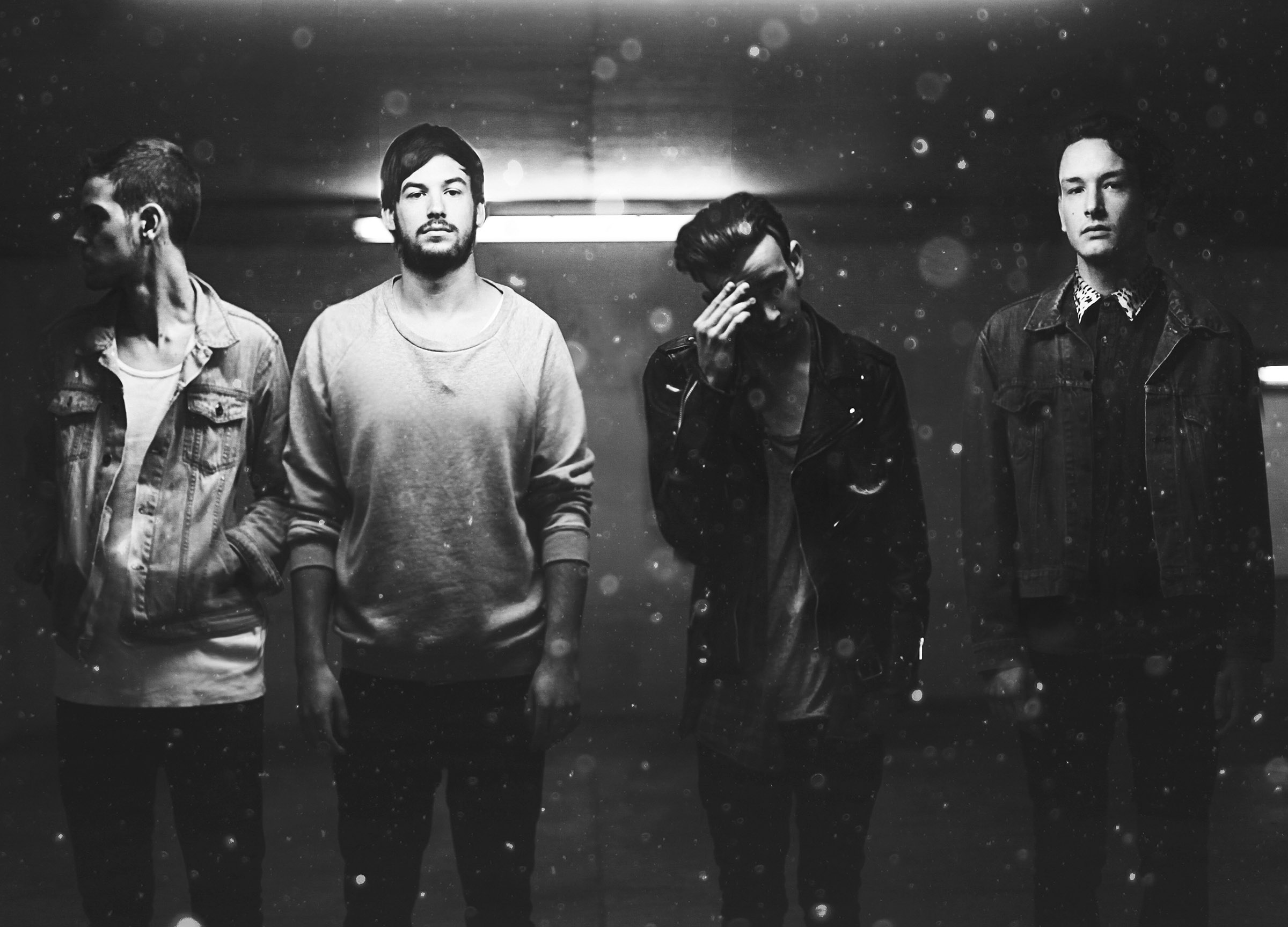Minneapolis-based rapper/singer/writer Dessa has a way with words that few artists come close to. Described by many as equal parts Ani DiFranco and Mos Def (“I’ll take it!,” she says), her latest release, Parts of Speech, is a collection of narratives on topics like loss and self-reliance, mixed with the literary and mythology references she’s known for. We chatted with Dessa about working with a live ensemble, themes she keeps coming back to, and how she maintains the quality of her work. Dessa plays with SIMS and Aby Wolf at The
Crocodile this Saturday
(7/20).
Parts of Speech
was your first time working with a live ensemble. What was that like? I worked with a really talented cast of players. This being the first record I’d worked on from the bottom up was exciting. It’s a whole different set of challenges and triumphs. At some place in the process, starting with absolute silence, it’s daunting and then at other points, it’s really exciting because you have control of every variable.
Did starting from this very bare place change how you wrote? I write the lyrics to fit the music, so usually there’s a bed of music before I tackle the lyrics. I’ll listen to the music on repeat, whether it’s a beat from Lazerbeak or Paper Tiger [her labelmates at the Doomtree Records], or whether it’s a demo I recorded on an iPhone. Then I’ll flip through my notebook or scroll down a Microsoft Word document to see which fragments of language or lyric ideas might seem well-suited to that tempo and to that feeling, that emotive center.
You talk a lot about themes of love, loss, connection, and communion in your work. How have your views on those topics changed as you’ve gotten older? As you get older, you naturally develop different relationships with those themes. When you’re 10 and you think about death, you think about your grandparents. When you’re 70, you think about yourself. For those big things, our relationships to them are ever-changing. The word “love” to a 15-year-old who’s in the throes of her first crush is going to strike her very differently than a recent divorcee. Those themes seem like they’re big enough to continue to plumb without retreading.
Does one theme show up more than the others? I’m often attracted to an investigation of what do we get to keep and what do we have to lose. I’m trying to find out what are the constants, if there are any. Is our sense of self constant, or is that a plastic thing that changes over time? When you’re 11 and you’re super stoked in science class to find out that most of the atoms in your body change every seven years but it still feels like your body because that change is so gradual. Wondering if that change happens to our character as well. Are we essentially different people 20 years later because so many of our traits and ideas have been replaced or refined, or is there really a thing that’s a constant that runs through our lives? I’m attracted to those kinds of ideas.
Do the ideas brought up at the lectures you give influence the music at all? I’ve never been attracted to the idea of making music with an agenda, just because it’s so easy to sound preachy. Listening to that stuff turns me off. I’ve tried to avoid doing that in music. Although I do like being a teacher, I think if I were to teach in the course of a song, that would be really annoying.
A fan of yours asked how you maintain the quality of your work. Don’t put out more than you can do well [laughs]. That’s challenging, at least for me, because there’s a lot of pressure to put out as much art and music as you possibly can and coming to terms with the fact that what’s good for business isn’t always good for art. It’s really good for business if you can put out a record every 12 months, but I don’t think I could make a really good record every 12 months, so it’s being selective about what you release. Some people are experimental and push boundaries. For the most part, I tend to prefer artists where everything they do is deliberate.
Is that freedom to take your time one of the pros of being on Doomtree? Totally. That’s one of the largest advantages and luxuries of being indie is that you really do get to be at the helm creatively of your own stuff, and you get to be adamant about the big choices in your career.
